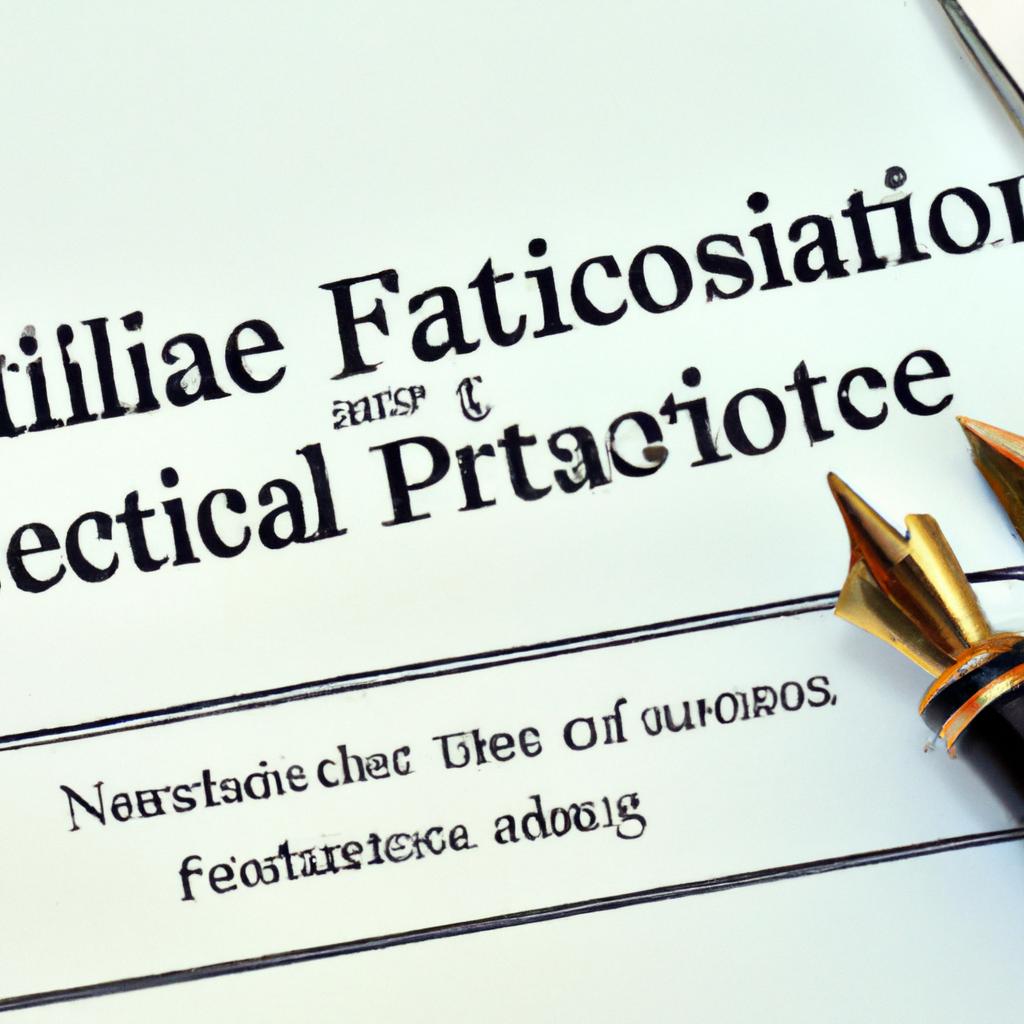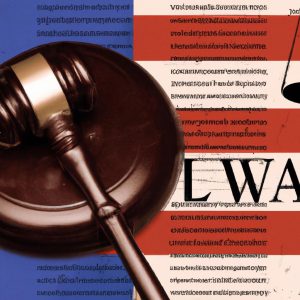Probate fees are a crucial aspect of estate administration that demands meticulous attention to detail and strategic planning. As seasoned legal practitioners at Morgan Legal Group in the heart of New York City, we understand the complexities and nuances involved in navigating the probate process. In this article, we delve into the various fees associated with probate, shedding light on the intricacies of this essential aspect of estate planning. Join us as we explore the cost considerations that arise in probate proceedings and gain a deeper understanding of how to effectively manage these fees.
Understanding the structure of probate fees
When it comes to navigating the often complex world of probate fees, it is essential to have a clear understanding of the structure in place. Probate fees are typically based on the value of the estate being probated, and are intended to cover the costs associated with administering the estate. These fees can vary depending on the jurisdiction and can include court filing fees, attorney fees, executor fees, appraisal fees, and other miscellaneous expenses.
<p>Probate fees are generally calculated as a percentage of the total value of the estate. In some cases, there may be a minimum fee set by the court, regardless of the estate's value. It is crucial to carefully review the fee structure in place and understand how these expenses will impact the overall value of the estate. By having a clear understanding of probate fees, individuals can better plan and prepare for the costs associated with the probate process.</p>
Navigating the complexities of fee calculations in probate cases
Calculating fees in probate cases can be a complex and daunting task. As an experienced probate attorney, I have navigated through the intricacies of fee calculations countless times. One important thing to keep in mind is that the fees associated with probate cases can vary depending on several factors, such as the size of the estate, the complexity of the case, and the attorney’s fee structure.
When determining fees for probate cases, it is essential to consider the following factors:
- Size of the estate: The larger the estate, the higher the fees are likely to be.
- Complexity of the case: Cases that involve disputes among beneficiaries or creditors can be more time-consuming and therefore, may result in higher fees.
- Attorney’s fee structure: Some attorneys charge a flat fee, while others may charge an hourly rate or a percentage of the estate’s value. It is crucial to understand your attorney’s fee structure to avoid any surprises down the road.

Strategies for minimizing financial burdens associated with probate fees
One effective strategy for minimizing financial burdens associated with probate fees is to establish a revocable living trust. By placing assets into a trust, they can bypass the probate process altogether, saving time and money for your loved ones. This can also provide added privacy, as trust assets do not become part of the public record like probate assets do. Additionally, utilizing beneficiary designations on retirement accounts and life insurance policies can help assets pass directly to beneficiaries outside of probate, allowing for a smoother transfer of wealth.
Another effective way to reduce probate fees is to make lifetime gifts to beneficiaries. By gifting assets while you are still alive, you can reduce the size of your taxable estate, ultimately decreasing the probate fees that will be owed. This also allows you to see the benefits of your gifts being used by loved ones during your lifetime, rather than waiting for probate to distribute assets after your passing. It is important to consult with an experienced estate planning attorney, like Morgan Legal Group, to determine the best gift-giving strategy for your individual situation.
| Assets | Probate Fees |
|---|---|
| Real Estate | $15,000 |
| Bank Accounts | $5,000 |
| Investments | $10,000 |

Expert recommendations for managing probate costs efficiently
When it comes to managing probate costs efficiently, there are several expert recommendations that individuals should consider. One key piece of advice is to hire an experienced probate attorney to guide you through the process. A knowledgeable lawyer can help you navigate complex legal matters, minimize expenses, and ensure that everything is handled correctly.
Another cost-saving tip is to stay organized and gather all necessary paperwork and documentation before beginning the probate process. This includes wills, property deeds, financial statements, and any other relevant information. By being prepared and proactive, you can expedite the probate process and avoid unnecessary delays and expenses. Additionally, consider exploring alternative dispute resolution methods, such as mediation or arbitration, to potentially reduce legal fees and court costs.
Q&A
Q: What are probate fees?
A: Probate fees are the costs associated with the legal process of probate, which is the court-supervised process of authenticating a last will and testament and distributing assets to beneficiaries.
Q: How are probate fees determined?
A: Probate fees are typically calculated based on the total value of the deceased person’s estate. Each state or country may have its own specific fee structures.
Q: Are probate fees always required?
A: In some cases, smaller estates may be exempt from probate fees or may qualify for reduced fees. It is important to consult with a legal professional to understand the specific requirements in your jurisdiction.
Q: Can probate fees be avoided?
A: Some individuals may choose to set up a living trust or utilize other estate planning strategies to avoid probate fees. It is recommended to seek guidance from an estate planning attorney to explore these options.
Q: How can I prepare for probate fees?
A: To prepare for probate fees, it is important to keep accurate records of your assets and debts, as well as to create a comprehensive estate plan that outlines your wishes for the distribution of your assets. Seeking advice from a legal professional can also help you navigate the probate process more effectively.
To Wrap It Up
In conclusion, understanding the fees associated with probate can be a complex and daunting process. However, with proper planning and the guidance of a knowledgeable estate attorney, navigating the probate process can be much smoother. By being informed and prepared, you can ensure that your loved ones are taken care of and that your assets are distributed according to your wishes. Remember, while fees for probate may be inevitable, they can be managed and minimized with the right approach. Thank you for taking the time to learn more about this important topic.





